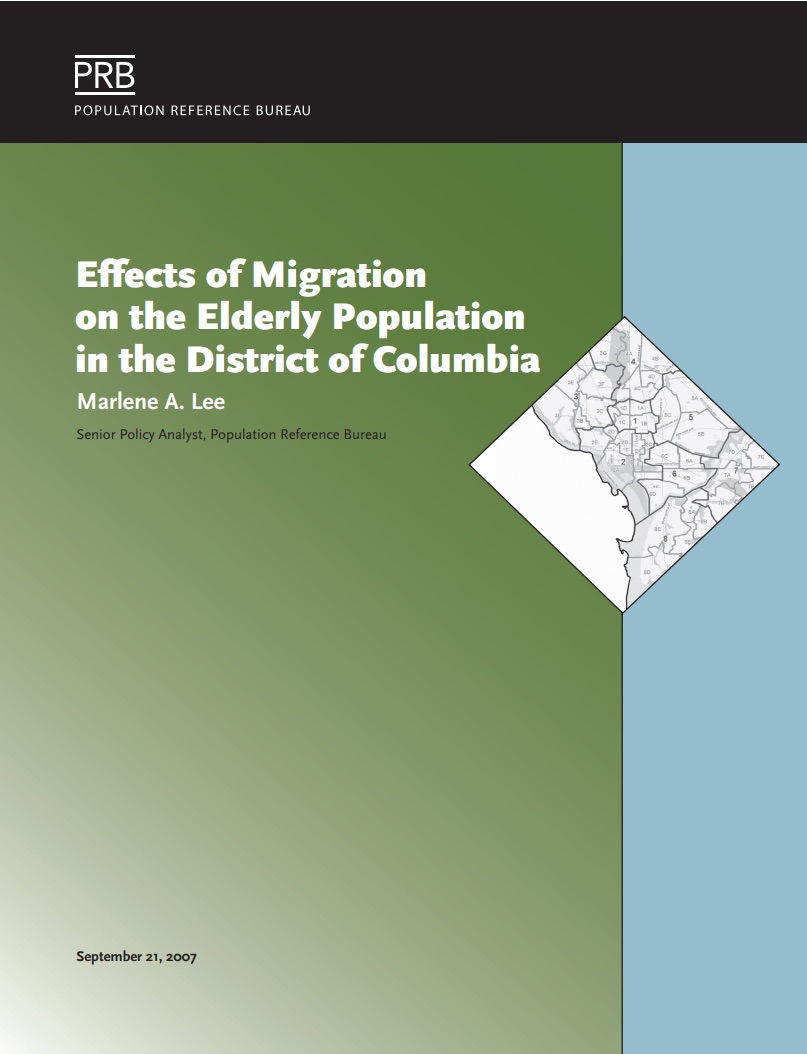China Abandons One-Child Policy
(2015) China has abandoned its one-child policy, according to news reports. So what would be the demographic implications of this two-child policy?
(2015) China has abandoned its one-child policy, according to news reports. So what would be the demographic implications of this two-child policy?

Project: Demography and Economics of Aging and Alzheimer’s Disease
(2016) In the United States, the vast majority of care that allows older people to live in their own homes is provided by family members who do not receive pay for their services.
(2006) The world's elderly population is quickly growing, both in its absolute numbers and in its percentage relative to the younger population—the latter trend known as population aging.

(2007) By 2030, the population of the Washington, DC metropolitan area will increase by more than 2 million, and the population age 65 and older will double.
(2009) "The World in 2050: A Scientific Investigation of the Impact of Global Population Changes on a Divided Planet" was held in Berkeley, Calif., on Jan. 23 and 24, 2009.
(April 2006) Populations in developing countries will be aging rapidly in the coming decades: The number of older persons (those age 65 or older) in less developed countries is expected to increase from 249 million to 690 million between 2000 and 2030.

(2014) Countries around the world are paying more attention to inequality as an indicator of social and economic well-being.